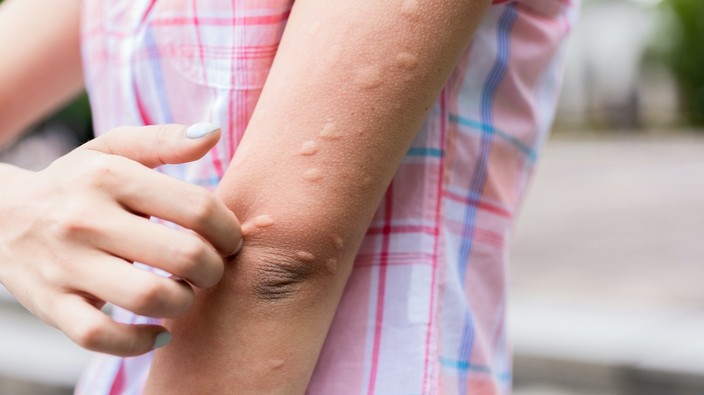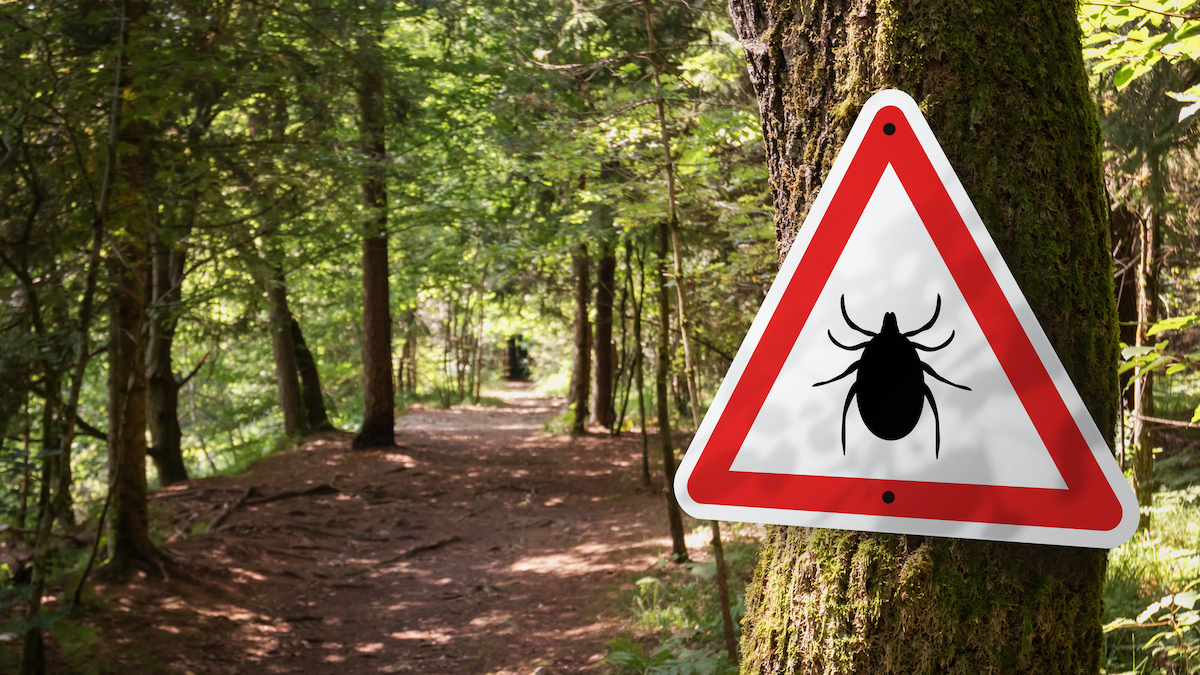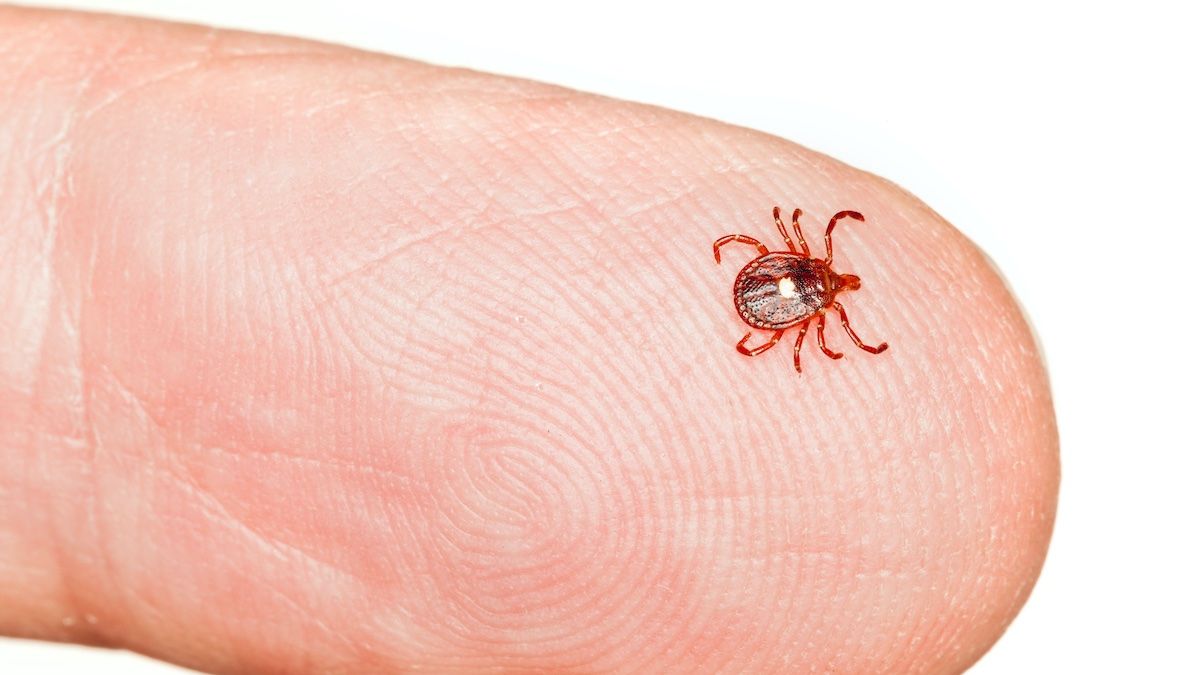everything you need to know about staying safe from ticks and lyme disease
black-legged ticks, which can carry lyme, are so widespread in canada now there's a good chance you'll meet up with one of these little buggers when you're out enjoying nature.
alpha-gal syndrome: public health agency of canada anticipating tick species expansion after cdc warning
alpha-gal syndrome, also known as red meat allergy, is a potentially life-threatening reaction to a particular carbohydrate (alpha-gal) found in most red meat, dairy and some pharmaceuticals.
 4 minute read
4 minute read








